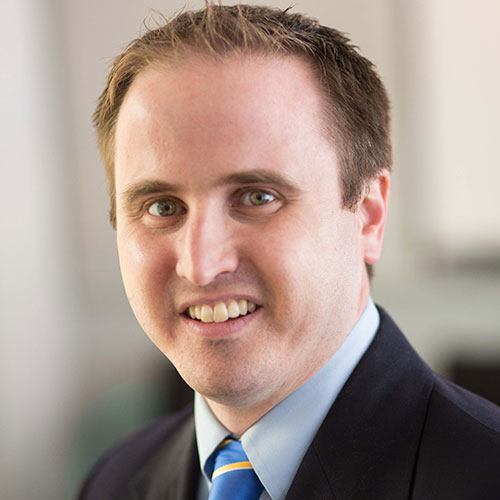2017 SADII-SCORE Pilot Grant Program Awardee, Johns Hopkins

Dr. Mark J. Kohr, Assistant Professor in the Department of Environmental Health and Engineering, is analyzing the mechanisms that the heart uses to defend itself when the circulation to the myocardium is interrupted and then restored in the “ischemia/reperfusion syndrome.” Women mount a relatively more robust defense to this particular insult compared with men.
Awarded: $50,000
What Dr. Mark J. Kohr studying?
Dr. Kohr studies tissue injury and repair in tissue. He is interested in the mechanism of “ischemia-reperfusion injury” in which the restoration of blood flow to damaged tissue causes. He also investigated the impact of environmental factors, i.e., arsenic, on the heart.
Why study this condition?
The degree of injury to the heart muscle when circulation is restored to tissue, called “ischemia-reperfusion injury” determines the size of the myocardial infarction that results from the coronary occlusion. In animal models, the phenomenon contributes to 50% of the damage to the heart. Modulating the existence and impact of environmental factors may decrease the incidence of heart disease.
What did Dr. Kohr find?
Dr. Kohr found that female hearts show more restoration of function and smaller infarct size than do those of males. He suggested that the inhibition of a protein that helps cardiac protection may be a useful phenomenon to explore in the prevention of the ischemic/reperfusion syndrome and be a way to fashion more sex-specific treatment of acute heart damage in the two sexes.
In other work, he showed that arsenic, an environmental pollutant, causes pathologic enlargement of the heart not only because it increases blood pressure, but by direct effects on the heart muscle itself.
How did The Foundation for Gender-Specific Medicine’s grant help Dr. Kohr’s research?
Dr. Kohr’s work has provided us with important insights into the underlying factors in the environment and within the body itself that cause disease. His paper on Arsenic and its effect on blood pressure and heart enlargement is the first link between an environmental toxin (arsenic) and myocardial disease
What is Dr. Kohr’s Current Status?
Dr. Kohr continues to work in the Department of Environmental Health and Engineering in the Johns Hopkins Bloomberg School of Public Health.
